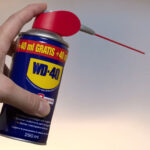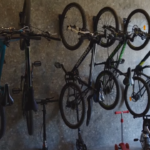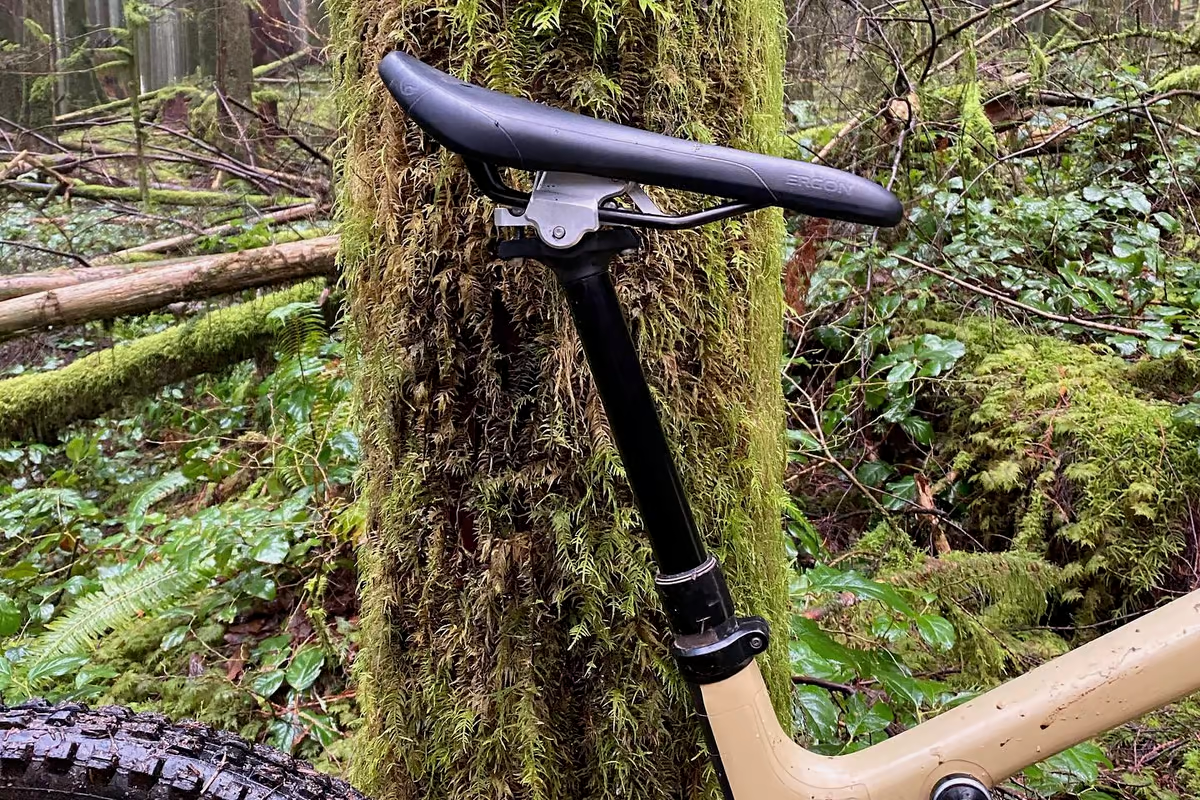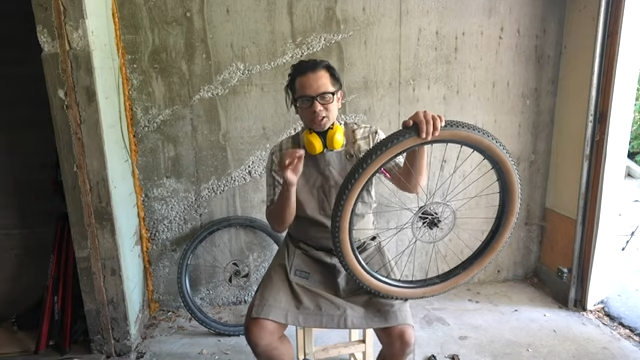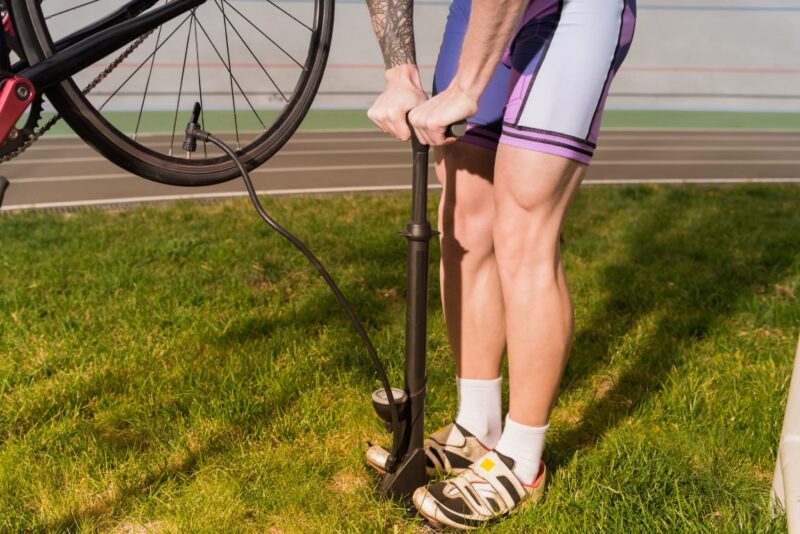
Having a reliable bike pump is essential for maintaining proper tire inflation and ensuring a smooth, safe ride. However, sometimes bike pumps can stop working correctly, leaving cyclists frustrated and stranded.
Today, we’ll explore the most common problems with bike pumps and provide practical solutions to get it back in working order.
Key Takeaways
- A functioning bike pump is crucial for proper tire inflation and a safe, comfortable ride.
- Common bike pump issues include leaks, broken valves, worn-out seals, stuck pistons, and incompatibility with your bike’s valve type.
- Troubleshooting and addressing these problems can help you get it back to peak condition.
- Knowing how to identify and fix problems can save you time and money, allowing you to get back on the road quickly.
- Proper maintenance and care for your bike pump can help prevent future issues and ensure its longevity.
The Importance of a Functioning Bike Pump
As a cyclist, having a reliable bike pump is essential for maintaining the health and performance of your trusty two-wheeler.
From ensuring optimal tire pressure to enabling quick on-the-go repairs, it serves several critical purposes that can greatly enhance your cycling experience.
Why You Need a Reliable
Proper tire inflation is crucial for several reasons. Correctly inflated tires not only provide a smooth and comfortable ride, but they also help improve your bike’s handling, efficiency, and overall safety. A well-inflated tire is less prone to punctures and can even extend the lifespan of your tires.
With a reliable bike pump, you can easily keep your tires at the manufacturer-recommended pressure, ensuring a more enjoyable and trouble-free cycling journey.
The Role of Proper Tire Inflation
Maintaining the right tire pressure is essential for several reasons:
- Improved handling and control of your bike, allowing you to navigate turns and obstacles with confidence.
- Enhanced energy efficiency, as properly inflated tires require less effort to pedal, reducing fatigue and increasing your overall performance.
- Reduced risk of punctures and flats, as well-inflated tires are less prone to damage from sharp objects on the road.
- Longer tire lifespan, as correctly maintained tire pressure helps prevent premature wear and tear.
With a functioning bike pump at your disposal, you can easily monitor and adjust your tire pressure as needed, ensuring your bike is always ready for your next adventure.
Troubleshooting Common Issues
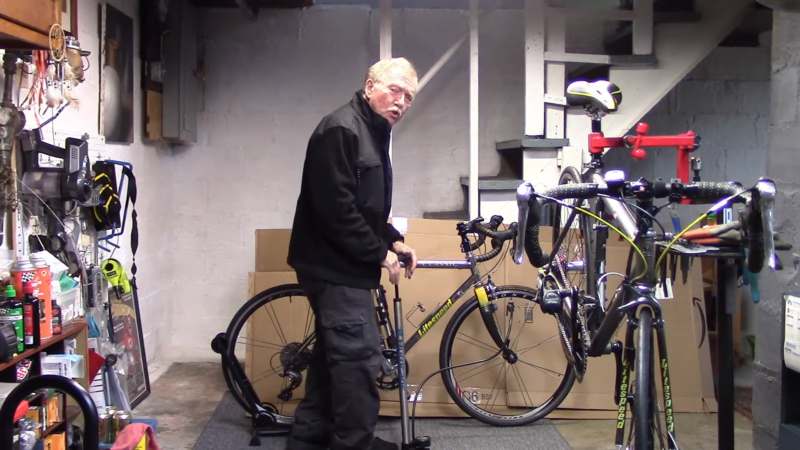
If your bike pump is not functioning as it should, don’t worry: you’re not alone. Troubleshooting common bike pump problems can help you get your pump back in working order and ensure your tires are properly inflated. Let’s explore six of the most frequent issues and how to address them.
Faulty Valves
One of the most common causes of a malfunctioning bike pump is a damaged or clogged valve. Check the valve on your pump and the valve on your tire to ensure they are clean and free of debris. If the valve is stuck or damaged, you may need to replace it to restore proper functionality.
Air Leaks
Air leaks can be another culprit behind a bike pump that won’t work correctly. Inspect the hose and connections for any cracks or holes that could be causing air to escape. Tighten the connections and consider replacing the hose if necessary.
Worn-Out Seals
Over time, the seals within your bike pump can become worn, leading to air leaks and poor performance. Check the seals and replace them if they appear cracked or damaged.
- Inspect the pump’s internal components for wear and tear.
- Replace any worn-out seals or gaskets to ensure a tight seal.
- Lubricate the moving parts to maintain smooth operation.
Blocked Air Passages
Dirt, debris, or even a stuck piston can block the air passages within your bike pump, preventing it from effectively transferring air to your tire. Disassemble the pump and clean any obstructions to restore proper airflow.
| Common Bike Pump Problems | Possible Solutions |
|---|---|
| Faulty Valves | Clean or replace the valve |
| Air Leaks | Tighten connections, replace hose |
| Worn-Out Seals | Replace worn seals and gaskets, lubricate moving parts |
| Blocked Air Passages | Disassemble and clean |
| Damaged or Stuck Piston | Replace the piston or have the it serviced |
| Incompatible Head | Use the head that fits your tire valve |
Final Reflections
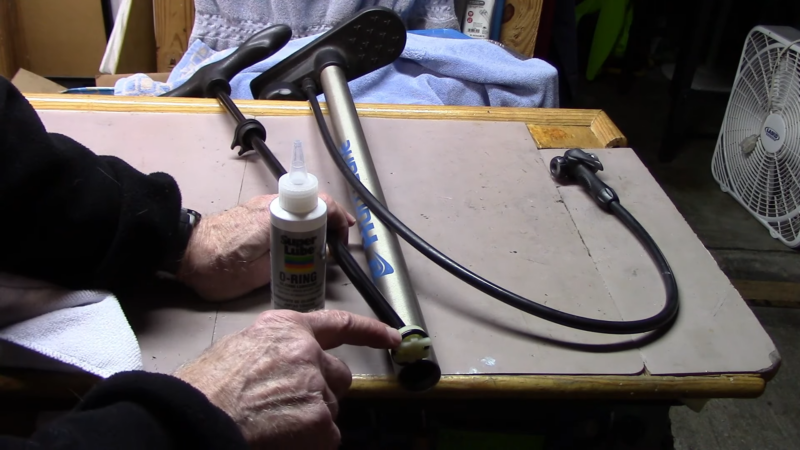
Maintaining a reliable bike pump is essential for every cyclist. By understanding the common issues that can arise and knowing how to troubleshoot and fix them, you can keep your bike pump in top condition and enjoy a smooth, worry-free riding experience.
Remember, a well-functioning bike pump is the key to properly inflated tires and a safer, more efficient ride.
Regular bike pump maintenance, such as cleaning the pump’s components and ensuring a tight seal, can go a long way in preventing problems and ensuring its reliability.
Following the manufacturer’s instructions and being aware of the common issues outlined in this article can help you quickly identify and address any problems that may arise.
FAQ
Related Posts:
- How Long Bike Tire Patches Last (And When to Toss the Tube)
- Why Does My Bike Tire Keep Popping? (And How to Fix It)
- Why Bicycle Chains Turn Black (and How to Keep Them Clean)
- How to Reset Bike Lock - Follow These Easy Steps
- How to Inflate Road Bike Tires - A Step-by-Step Guide
- How to Wire Lights On Your Dirt Bike Without a…




